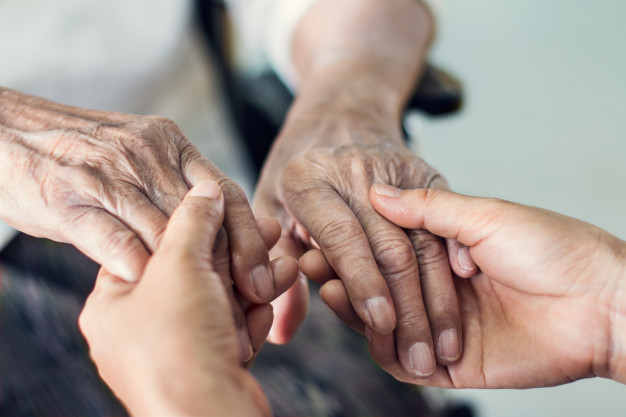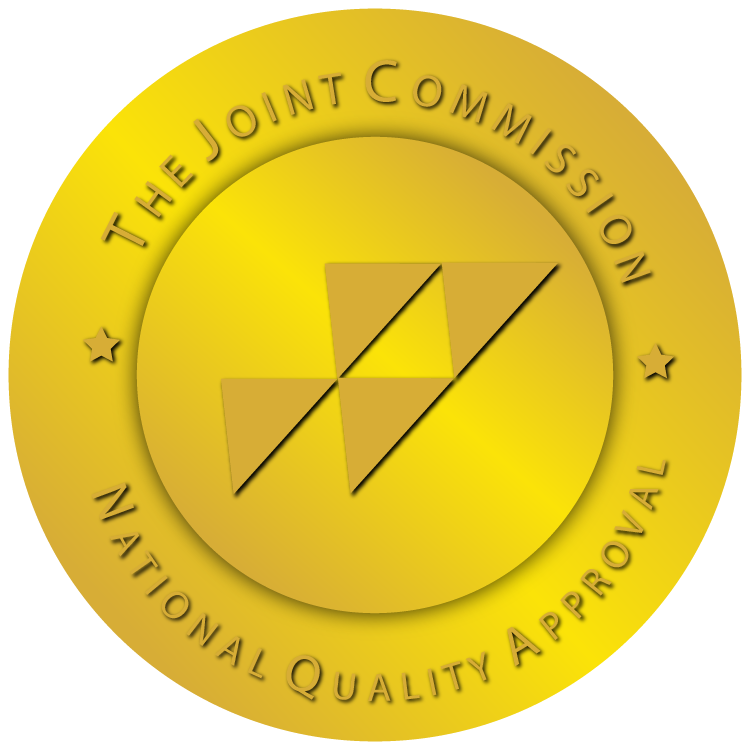
Circle of Hope provides luxury residential addiction treatment in the Reseda neighborhood of Los Angeles.
When you’re planning on beginning a rehab program, you will likely be wondering which is the best option for you: Intensive Outpatient Care or Residential Addiction Treatment programs. Residential Rehab facilities are licensed under state laws and allow patients access to skilled nursing care and rehabilitative services.
What is Residential Rehab?
Residential treatment programs require living at the facility for a certain length of time to work through the process of detox/withdrawal and recovery. During detox/withdrawal, the patient will either immediately or steadily decrease their use of drugs and alcohol (depending on how severe their addiction) to get the substances out of their system. During this time, the patient must be monitored by clinical professionals for safety. This is an important first step in the recovery process. Detox/withdrawal, however, is only the beginning. To achieve recovery and maintain sobriety, there is a lot more work that needs to be done.
Components of Residential Addiction Treatment Programs
Residential Treatment programs for addiction have many different parts, including:
Individual and Group Counselling
Both individual and group counseling are built around teaching patients how to stop substance abuse and build skills to help with lifetime recovery. There is also a focus on learning about how to function in social, familial, and professional situations within the context of a sober life. Group counseling for addiction helps to build a connection among multiple individuals in similar circumstances. These support systems help to reinforce the maintenance of a sober lifestyle. Our counselors provide a myriad of therapies to patients in residential treatment including assessment, treatment planning, and counseling.
Medication-Assisted Treatment
MAT or “Medication-Assisted Treatment” works, in combination with behavioral therapies and drug counseling, to treat the abuse of opiates, alcohol, and other substances.
Recovery Support Services
These services are non-clinical and are often provided by peers who are also in recovery for addiction. This, in conjunction with treatment for drug and alcohol abuse, will help the patient to meet their goals of recovery.
Peer Support
Peer support is a critical component of the substance use disorder treatment program. Many people who work in the treatment system as counselors or case managers are in recovery and peers are central to many drug recovery support efforts. Want more information? Call us today at +1-(888)-413-7557




